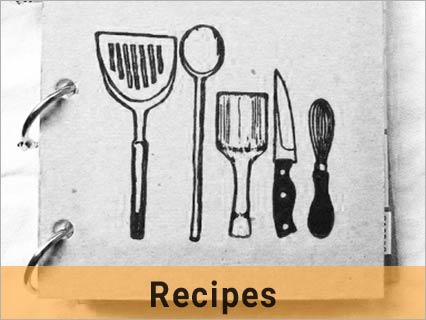Picking up the caring ‘slack’…
23 May 2025
Dear LPG readers,
Being a carer is not an easy job. We all hear stories about professionals who are never there long enough and are always in a hurry when they appear and disappear during the day. But they will have had training, albeit relatively brief and, although some will think that having a private non-working life to cope with as an extra pressure, they will often be mums and dads who have children of their own, spouses of people who have their own working lives or children with parents that they also need to spend a lot of time caring for while there will be so many variables to deal with outside their job.
On the other hand, there is the army of unpaid family carers who had a day’s notice before becoming one, if that. Those non-equipped people whose wives, husbands, other relatives or housemates fall or have a debilitating accident, or who have a stroke or some other sudden illness which affects either their minds, bodies, or both in such a way that they are left suddenly needing help with absolutely everything.
For them it is usually the case that, just like the life of their loved one who has experienced hospitalisation, they too, suddenly find themselves unable to follow their routine. However, from everyone else’s point of view nothing appears to have changed. These special people will have to suddenly let the other people in their outside lives down so they can be there once the hospital visiting hours allow. Then when the patient can leave and get home again, the real work starts.
Whether the patient lives alone or with relatives, most people expect to get a little help while they get on top of their new responsibilities. It is always better for the NHS and the patient if they can depend on family to pick up as much slack as possible. For so many people whose circumstances change, it is good to know that their things will not need to be moved or used by people who might become their professional friends when they eventually get to know them, but by people that they can already trust and already know while in that initial distress.
Health care professionals, occupational therapists, and social care workers discuss the patient’s options before leaving the hospital. But if you suddenly become the carer, there has to be a balance between what you can and should do in the initial stages and a discussion of how long-term caring will affect the carers’ continued well-being.
That conversation, which happens, will usually include questions about just how much you, the one who appears to be the perfect carer from both the NHS’s and the patient’s point of view, can do for your loved one. It is so easy to listen to someone whose ability to do things for themselves assumes they can depend on you. You will be seen as the trusted loved one; the perfect person for the job, just because the person whose lifestyle will be forced to change so drastically knows that you are both trusted and physically able to take on the responsibility. At the same time, the NHS are already stretched and is happy to leave you to it because of the time and money they can save if you do the job. The more you take on, the more they will let you, and before you know it, you can become so caught up that you have no life at all.
So, even though your cared-for relative would rather wholly depend on you, please ensure that some serious down time is included in the care package they build around the circumstances of all involved. It is so easy to answer that question about if you can manage, with your focus wholly trained on the loved one you will be caring for and your physical ability to do the job. Still, please remember that no matter how willing and able you are, you will need help because you will not have the diversions that a professional carer has and, while they work long hours, you will work longer. When you take on the job, there will likely be no outside focus to keep you balanced.
Care is usually offered freely for six weeks to help with rehabilitation after a hospital stay. I suggest potential carers take full advantage of that time to prepare for the longer term. Even though continued care might have to be paid for after that time, consider applying for an attendance allowance or PIP to help with the costs of your loved one’s health and your sanity.
I also say this because, at the moment, I can see two of my married friends who are so caught up in caring for their wives that I am seriously worried about their well-being. For some reason, ladies find the emotional fallout a little easier to cope with, perhaps because of their time with their children. However, I have seen that becoming a nonprofessional carer is not easy, especially for the older men who take on the responsibility.
All the official information online is very conditional. The NHS website is full of the words ‘might’, ‘would’, ‘if’, ‘could’, ‘may’ and ‘should’, and while there are so many different types and levels of care that the victim of a debilitating illness or sudden accident might need, I would ask that, when agreeing to what you will be able to help with, remember to factor you, (the potential voluntary carer and what you will need to be able to do this job without all the training and outside distractions that your professional counterparts) will have, into that mix.
JG, Catford
JG found some of the internet guidance he referred to…







